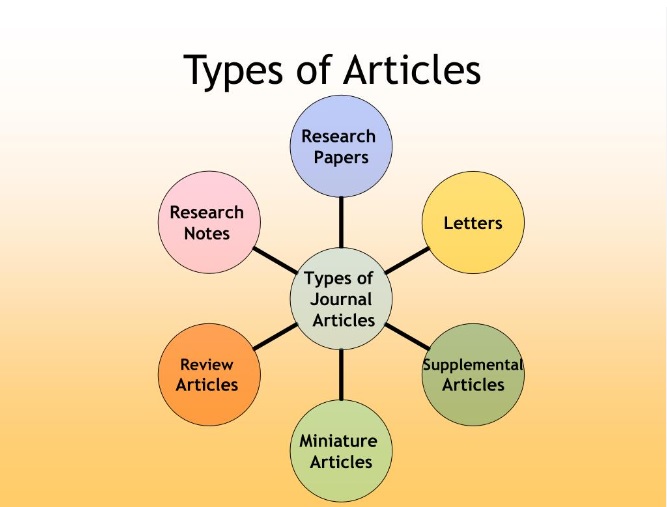In the field of research and academia, reviews are crucial for synthesizing and evaluating existing knowledge, guiding future inquiries, and informing evidence-based practices. As the amount of published literature continues to grow rapidly, there is a heightened demand for systematic and transparent review processes. Covidence is a leader in supporting researchers and practitioners as they navigate the complexities of various review types, streamlining workflows, and fostering collaboration. In this blog post, we will explore the different types of reviews commonly conducted in research, providing insights into their distinct methodologies, objectives, and the significant contributions they make to advancing knowledge in various fields. Whether you are an experienced researcher or new to the review process, understanding these differences will enable you to select the most appropriate approach for your work. Join us as we delve into the intriguing world of reviews and uncover the subtle distinctions that differentiate them.
Systematic literature reviews (SLRs)
Systematic Literature Review (SLR) is the systematic gathering of all empirical material that meets predetermined eligibility criteria to address a well-defined research issue. An SLR employs unambiguous and replicable systematic techniques that are carefully chosen to reduce bias, therefore yielding more dependable results from which conclusions may be derived and decisions can be taken.
The procedure begins by formulating a research question and delineating a protocol or research strategy. A review team uses a highly sensitive search approach to systematically look for studies that address the question. After retrieving the studies, they are evaluated for eligibility based on predetermined inclusion and exclusion criteria. This process is carried out by a minimum of two individuals working independently. Next, the reviewers extract the pertinent data and evaluate the quality of the research included. Finally, the review team combines the study data that has been extracted and delivers the findings.
A systematic literature review (SLR) may include meta-data (statistical analysis). An ongoing systematic literature review (SLR) that integrates pertinent new evidence as it is obtained is commonly referred to as a live SLR.
Rapid reviews
Rapid reviews strive to generate a meticulous synthesis urgently, taking into account time limitations, by addressing a predetermined research issue. Rapid reviews follow a similar review procedure to a conventional systematic review. The main focus is on reproducible predetermined search and screening techniques that reduce the possibility of bias, however, they may not be as rigorous as a formal systematic review.
The procedure functions within predetermined boundaries (for as by limiting searches to papers published during a certain period) and is typically directed by a multidisciplinary team with specialized knowledge in systematic review methodologies.
Umbrella reviews or Overview of reviews
An umbrella review is a comprehensive evaluation of several systematic reviews. The procedure employs clear and systematic techniques to search for and locate systematic reviews on relevant research issues within the same subject area. An umbrella review serves the objective of consolidating the findings of systematic studies about significant outcomes.
Scoping reviews
Scoping reviews are characterized by their exploratory nature and their tendency to tackle a wide-ranging subject, in contrast to systematic reviews which focus on more specific questions.
Scholars perform scoping assessments to evaluate the scope of the existing evidence, categorize it into groups, and identify areas where further research is needed. If a scoping review does not identify any studies, it may assist researchers in determining that a systematic review is likely to have little scholarly worth and that resources should be allocated more effectively elsewhere.
Literature reviews or narrative reviews
Literary, or narrative, reviews offer a comprehensive summary of the existing knowledge on a specific subject matters. Their evaluation of the information is not limited to mere restatement, although the techniques employed for this purpose are often not predetermined and are not extensively detailed in the review. Though the search may be thorough, it does not strive to be exhaustive. Thematic literature reviews often adopt a conversation format and are often centered around a certain theme. Literature reviews inherently lack accuracy and reproducibility, as they tend to convey their conclusions within the framework of prior research. Often, this type of synthesis fails to account for the author’s own cognitive bias. The findings or conclusion of a literature review is usually conveyed through a narrative structure rather than formal statistical techniques.


